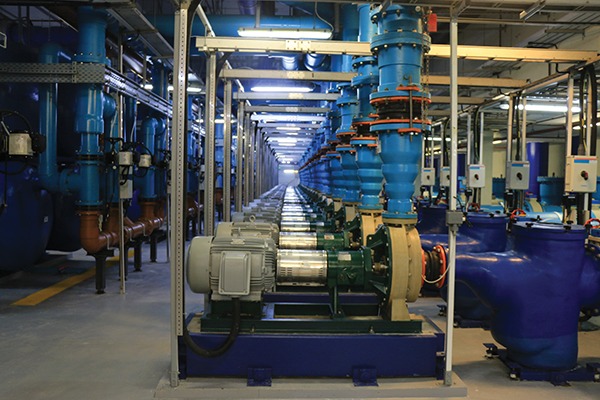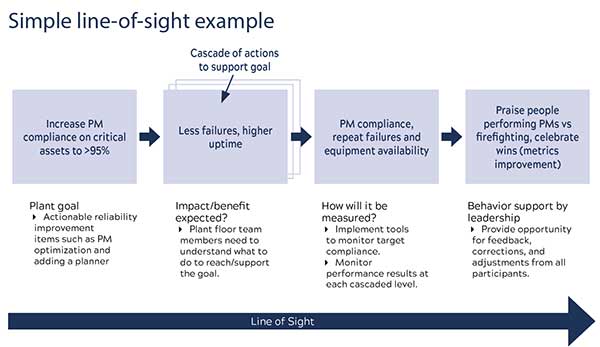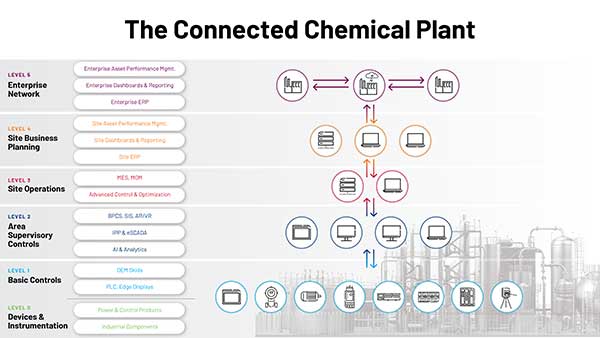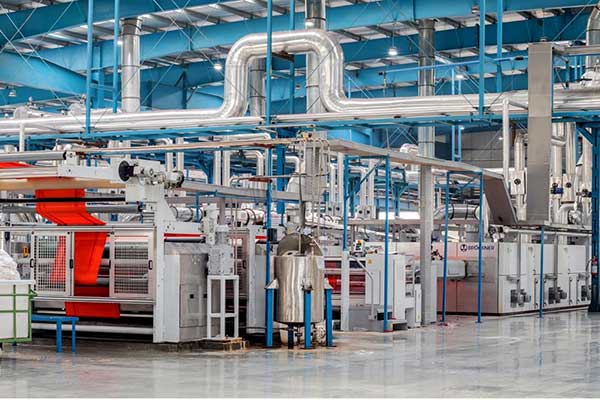Analyze Assets For RCM Success
Reliability-centered maintenance (RCM) is a strategy focused on ensuring that assets operate as designed. Implementing a reliability-centered maintenance program leads to improved reliability/uptime, as well as decreased costs. RCM categorizes equipment according to its potential impact on safety, operations, and/or maintenance budgets. These categories provide the context central to RCM. Assets are prioritized so…







